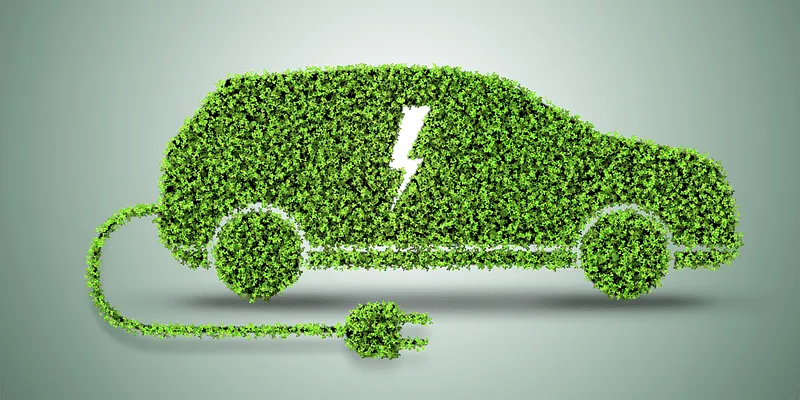EV sector hails duty exemption on Li-ion machinery, but Budget 2023 misses other aspects
The industry had asked for several policies from Budget 2023, including GST standardisation on EV spare parts, subsidies on battery swapping, and extension of FAME II subsidies.
In an effort to invigorate the electric mobility sector in India, Budget 2023 exempted the import of capital goods and machinery required to manufacture Lithium-ion batteries from customs duty—a formidable triumph for the industry, which has persistently petitioned for such tax breaks.
FM Nirmala Sitharaman also extended the concessional custom duty of 5% on battery cells for another year to boost the production of Li-ion cells in India, which are currently largely imported from China.
Under the scrapping policy, the government said it will support state bodies in replacing old polluting vehicles, which the EV sector thinks will help people consider electric vehicles as an alternative.
Custom duty on semi-knocked down forms of electric vehicles—which mainly implies imported vehicles—has been increased to 35% from 30%, which might push more people to consider built-in-India products.
Duty on completely built EVs worth more than $40,000 has been increased to 70% from 60%.
"Budget 2023 definitely closes a lot of loops for the sector. It signals that national leaders are aware of the ownership potential of EVs, and are actively creating legislation around it," Ankit Mittal, Co-founder and CEO of told YourStory.
The Budget, however, failed to meet several expectations put forth by the industry, particularly around the extension of the Faster Adoption and Manufacturing of Electric Vehicles (FAME II) subsidies.

Industry body Society of Manufacturers of Electric Vehicles (SMEV) had hoped the government would standardise GST on all EV spare parts; link FAME II subsidies to market penetration of e-vehicles and conversion to e-mobility instead of to a particular date; and expand the scope of FAME to include e-trucks and tractors.
The industry had also asked for EV financing to be included in priority sector lending to make it easier for companies to do business.
"(The policy announced today) will bring down the cost of EV batteries, thereby reducing the cost of EV adoption," said Samrath Kochar, Founder and CEO of Trontek, a Li-ion battery manufacturer in India.
"Going forward, we are certain that the government will also look at bringing a (production-linked incentive) scheme for battery pack manufacturers and also reduce GST on batteries to benefit the many MSMEs operating in the EV sector," Samrath said.
Players in the battery-swapping sector had hoped for some provisions, including a reduction of GST on swap batteries, and incentivising swapping infrastructure to create parity with their fixed battery counterparts but Budget 2023 failed to deliver.
The Budget also failed to address the widely perceived need for an overhaul of the battery recycling policy, especially as the sector scales up and more EVs hit the road.
"On the electronics side, while there were good breaks for mobile phones, there should've been more focus on motors and heavy machinery, as well as subventions on components of heavy machinery where customs duties could've been reduced," Sheru's Ankit said.
"EVs use specialised, custom parts such as the battery management systems, and some subsidies on that front would've been much appreciated."
An update on the draft EV policy and discussions around battery swapping and interoperability standards is expected sometime in February 2023.
Edited by Affirunisa Kankudti








